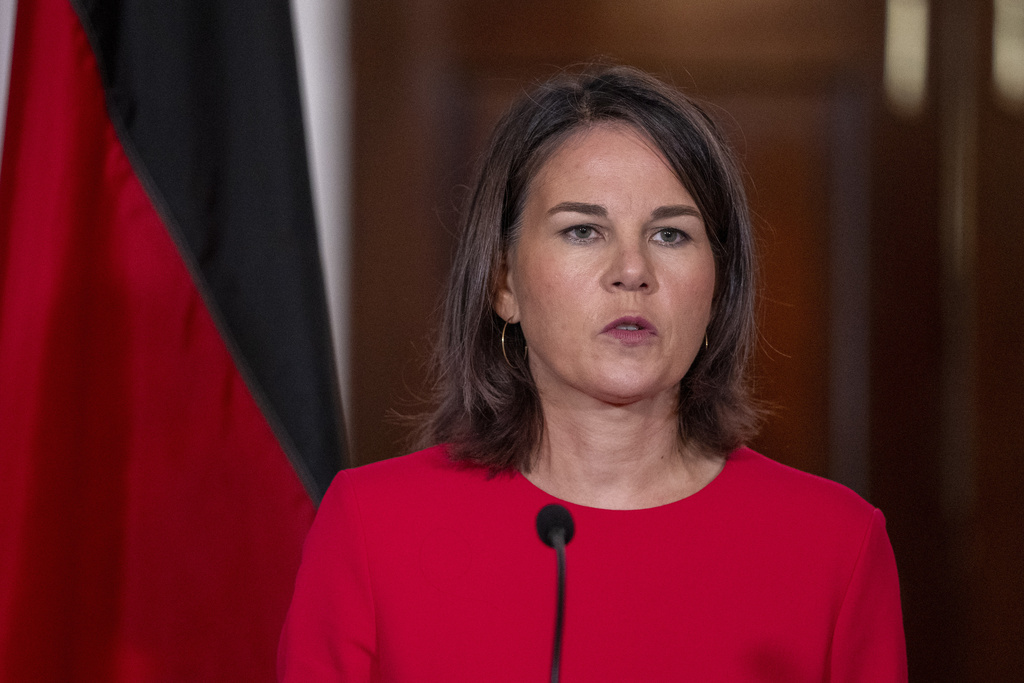German Foreign Minister Annalena Baerbock’s decision to call Chinese state and party leader Xi Jinping a “dictator” during an appearance on Fox News in the United States was “unwise,” said the Christian Democratic Union’s (CDU) foreign policy expert Norbert Röttgen during his appearance on Tuesday’s ZDF Morgenmagazin news debate program.
Röttgen was asked whether her statement was “unwise or the truth.” He it was “both.”
Röttgen explained, “As a rule, you then always have to pay something for such statements. It’s not worth it, and then it’s better to let it go.” He added: “It may also have been in the exuberance of an English interview that this phrase came out.” However, as foreign minister, a top official such as Baerbock must control her words even in such situations, he argued.
[pp id=63816]
Baerbock had told Fox News last week, “If (Russian President Vladimir) Putin were to win this war, what kind of a sign would that be for other dictators in the world, like Xi, like the Chinese president? That’s why Ukraine has to win this war.”
China responded sharply to Baerbock’s remarks, and much of the German media has been highly critical of yet another diplomatic faux pas from the inexperienced foreign minister, who is known for her off-the-cuff remarks and verbal blunders.
The German foreign minister’s comments were “extremely absurd and a serious violation of China’s political dignity and an open political provocation,” said Chinese Foreign Office spokeswoman Mao Ning. She added that Beijing was “deeply dissatisfied” and would raise the issue through diplomatic channels.
China is Germany’s most important trading partner, raising the stakes between both countries. In July, the German government created comprehensive guidelines for dealing with China for the first time after a long debate within the coalition. While some factions of the government want a tougher approach to China, others warn that Germany simply cannot afford it given the economic ties between the two countries. Germany is eager to keep its faltering economy propped up with continued exports to China but also ensure it saves face when it comes to its public image in relation to China’s politics and human rights record. The new guidelines are supposed to ensure the country maintains a delicate balance.
The criticism of China may also come as a surprise for other reasons, as the Greens raced to close an oil and gas deal with Qatar just last year, a country known to have a far more punishing and authoritarian regime than China.





